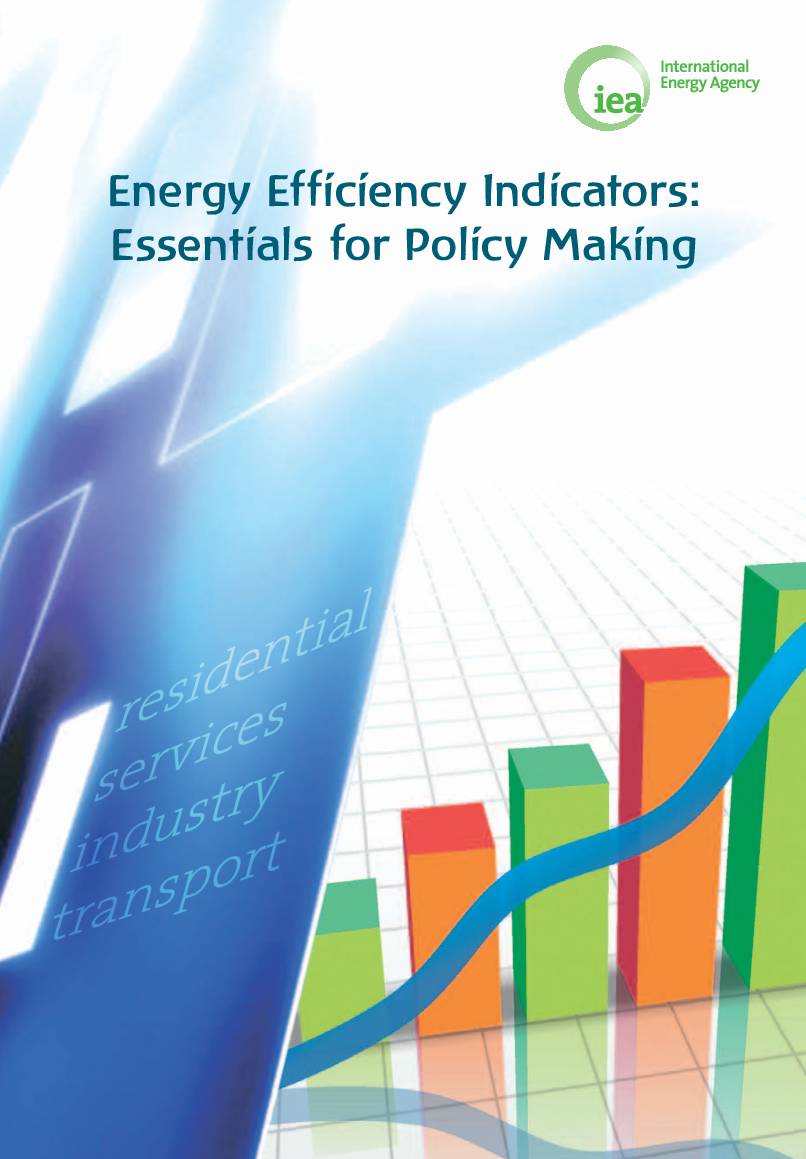Energy efficiency is a growing policy priority for many countries around the world. It is widely recognised as the most cost-effective and readily available means to address numerous energy-related issues, including energy security, the social and economic impacts of high energy prices and concerns about climate change. At the same time, energy efficiency increases competitiveness and promotes consumer welfare.
In this context, it is important to develop and maintain well-founded indicators to better inform policy making and help decision makers formulate policies that are best suited to domestic and/or international objectives. Yet, choosing and developing appropriate indicators to support the development of policies is not straightforward. This publication and its companion document Energy Efficiency Indicators: Fundamentals on Statistics are intended to provide the necessary tools to initiate and/or further develop in-depth indicators to support the decision-making process.
Share this

Sectors: Cross cutting, Renewables
Country / Region: Global
Tags: assessment of the status quo, climate change, economic impacts, economic impacts of development, efficiency indicators, energy, energy efficiency, energy security, global climate, impacts on systems and sectorsKnowledge Object: Publication / Report
Published by: IEA
Publishing year: 2014
Author: IEA
